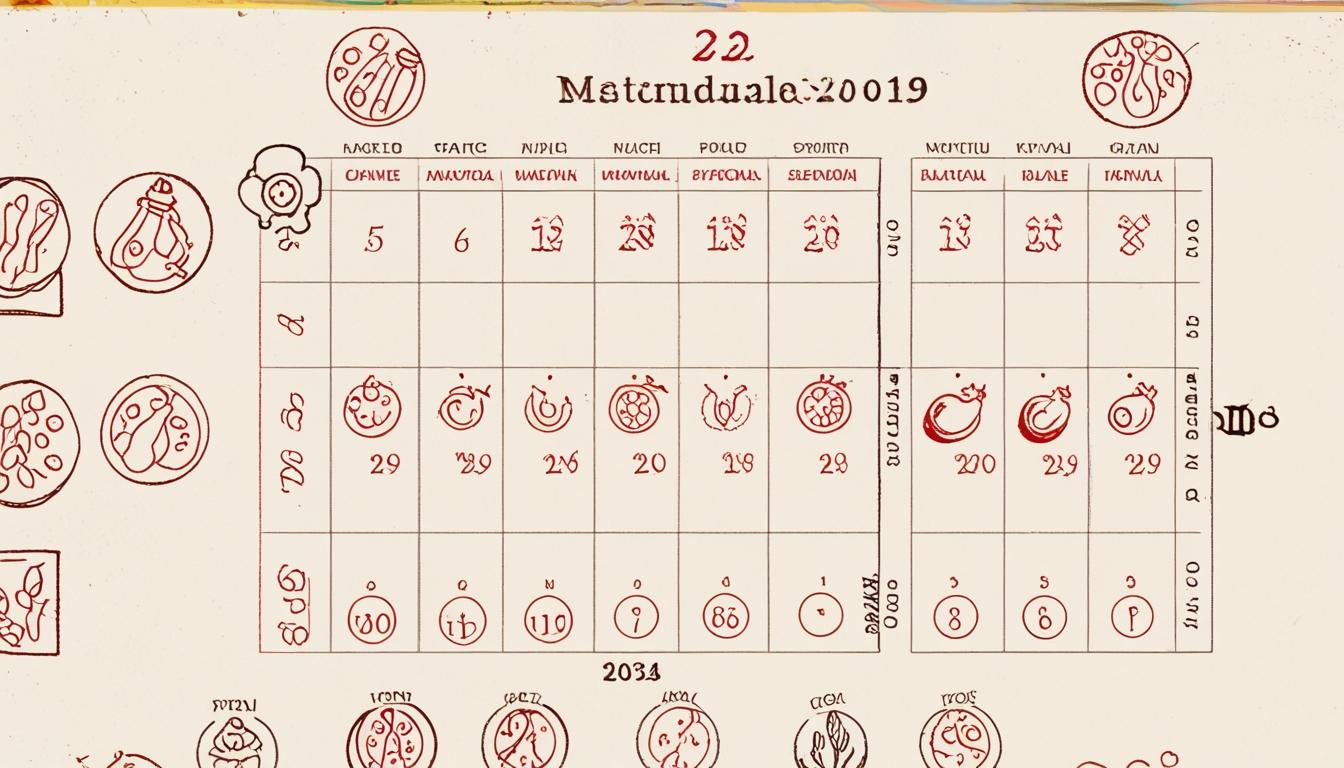A recent study published in JAMA Network Open has identified a small, temporary change in the menstrual cycles of regularly menstruating women following influenza vaccination, with or without concurrent COVID-19 vaccination. The research utilised data from a digital birth control app, collecting menstrual cycle information from 1,501 individuals worldwide between April 25, 2023, and February 27, 2024. Participants were aged between 18 and 45 years, did not use hormonal contraception, and had consistent cycle lengths ranging from 24 to 38 days across three consecutive cycles prior to vaccination.
Among the participants, 791 received the influenza vaccine alone, while 710 were vaccinated for both influenza and COVID-19 simultaneously. The study found that cycle length increased modestly by less than one day when the influenza vaccine was administered during the follicular phase, the period before ovulation. Specifically, those vaccinated with the influenza vaccine only showed an adjusted mean cycle length increase of 0.40 days (95% confidence interval [CI], 0.08 to 0.72), while the group receiving both vaccines concurrently had a mean increase of 0.49 days (95% CI, 0.16 to 0.83).
The study observed that a small proportion of participants experienced more pronounced changes; 4.7% of the influenza-only group and 5.9% of those vaccinated with both vaccines showed a cycle length change of at least eight days. However, menstrual cycle lengths returned to typical ranges in the cycle following vaccination.
The authors noted the significance of these changes, stating, "While small changes in menstrual health may not seem meaningful to many clinicians and scientists, any perceived impact in a routine bodily function linked to fertility can cause alarm and contribute to vaccine hesitancy." They highlighted that transparency in reporting such findings could help address public mistrust, especially given past concerns surrounding COVID-19 vaccination and menstrual cycle changes.
Concluding their research, the authors stated, "Our findings can confirm that concurrent receipt of influenza and COVID-19 vaccines does not appear to be associated with large menstrual cycle changes in most people."
The research provides important data for healthcare providers and vaccine recipients, illustrating that while minor menstrual cycle variations can occur following vaccination, these effects are generally temporary and small in scale. The study adds to the ongoing dialogue on vaccination safety and reproductive health, emphasising the need for clear communication to support informed decision-making among individuals considering vaccination.
Source: Noah Wire Services
